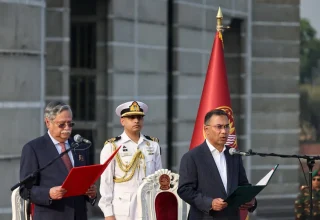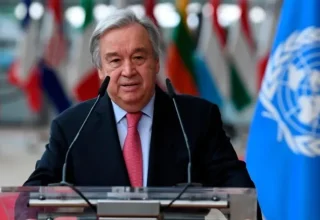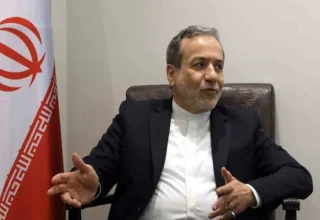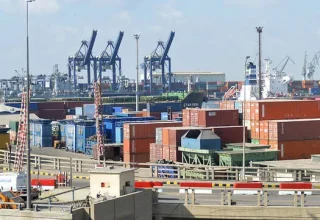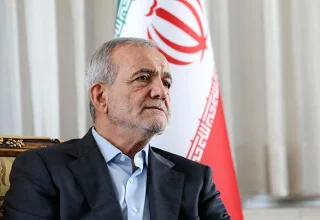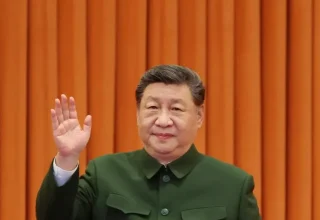
At least 500 prisoners are on hunger strike inside a Bahraini prison primarily used to detain prisoners of conscience, refusing food in protest at their detention conditions.
Sayed Alwadaei, at the Bahrain Institute for Rights and Democracy (Bird) and a former inmate at Jau prison, said: “This is probably one of the most powerful strikes that has ever happened inside the Bahraini prison system; the scale of it is overwhelming.”
According to a statement from the inmates released through the outlawed Al-Wefaq opposition party, the hunger strike includes demands for increased time outside their cells, currently limited to an hour a day, prayers in congregation at the prison mosque, changes to constraints on family visits, improvements to education facilities and access to proper medical care.
“These are not frivolous demands, but necessary ones required for human life,” the prisoners added.
The tiny Gulf island of Bahrain, population 1.5 million, has one of the highest incarceration rates per capita in the Middle East. An estimated 3,800 people are behind bars, of which Bird estimates that 1,200 are prisoners of conscience.
Since pro-democracy protests against the ruling Al Khalifa family swept Bahrain in 2011, a large number of people connected with demonstrations have been incarcerated. The government has launched sweeping crackdowns on activists, civil society and opposition political groups, including banning two political parties.
Most of the 1,200 political prisoners held in Bahrain are in Jau prison. Former inmates such as Alwadaei say political prisoners are housed in separate blocks and subjected to especially harsh treatment.
The office of Bahrain’s interior ministry ombudsman said it had conducted investigations to “ensure the inmates obtain all their rights, whether from health care, visits or contact with their families, and are not being subjected to ill-treatment”.
Maryam al-Khawaja pointed to the broad international assistance received by Bahraini authorities from abroad, including Britain. The UK prime minister, Rishi Sunak, met the crown prince of Bahrain, Salman Bin Hamad Al Khalifa, in July. Britain also increased funding to the Bahraini interior ministry and security bodies to £1.8m last year through its opaque Gulf strategy fund.
She said: “The ruling family know they are incredibly dependent on their western allies … in many ways they [the allies] have enabled the Bahraini regime to stay in power.”










